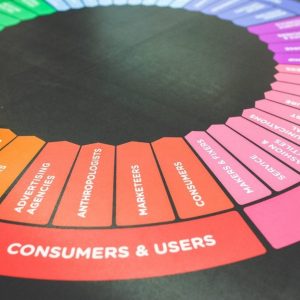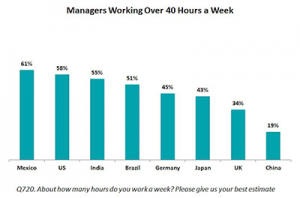Marketing Fraud A Much Bigger Problem Than Marketers Realize, Study Shows
Some 43% of respondents in a recent White Ops survey said they could not estimate how much of the traffic coming to their website is bot activity as opposed to humans they wanted to reach.
Marketing fraud impacts companies of all sizes to the tune of millions of dollars per year, according to the 2021 Marketing Fraud Benchmarking Survey and Report conducted by Renegade.
The data provides insights collected from 129 digital marketers with performance marketing responsibilities.
Complied during the fourth quarter of 2020, the findings aim to identify the industry’s understanding of marketing fraud models, the scale of these threats, and their response to the challenge.
The data shows what marketers see and do in response, as well as where the gaps and challenges in protection lie.
Tamer Hassan, CEO and co-founder of White Ops, notes that the company continues to see an increase in requests from marketers to help them ensure that budgets are spend on campaign that connect them with real humans.
Marketing fraud uses technology to simulate human engagement in digital marketing campaigns to siphon money allocated to a marketing budget. These might include media-buying fraud, lead-generation fraud, retargeting fraud, app install fraud, in-app engagement fraud, and competitive assaults.
Two-thirds of respondents said they experienced some type of marketing fraud in the past year, and more than 20% believe that at least one-quarter of the contacts in their marketing and sales database are fake or fraudulent, or are actually bots.
Pressure from fraud creates a difficult challenge within companies, especially when departments cannot decide which team should lead the charge or change for online fraud. Some 33% point to the company’s security team to prevent marketing fraud, while 40% believe it’s the job of the marketing team.
While 75% of marketers are concerned about new data privacy regulations, less than half regularly remove fake or fraudulent contacts from their marketing and sales databases. In fact, 22% believe at least 25% of their first-party database is populated by fake and fraudulent contacts.
All of the fake or fraudulent contacts can have significant impact. Money is wasted trying to retarget and convert contacts that either don’t exist or never truly engaged with the brand in the first place.
To make matters increasingly challenging, 60% of respondents described themselves as being average, or worse, at handling the problem of marketing fraud.
(47)




